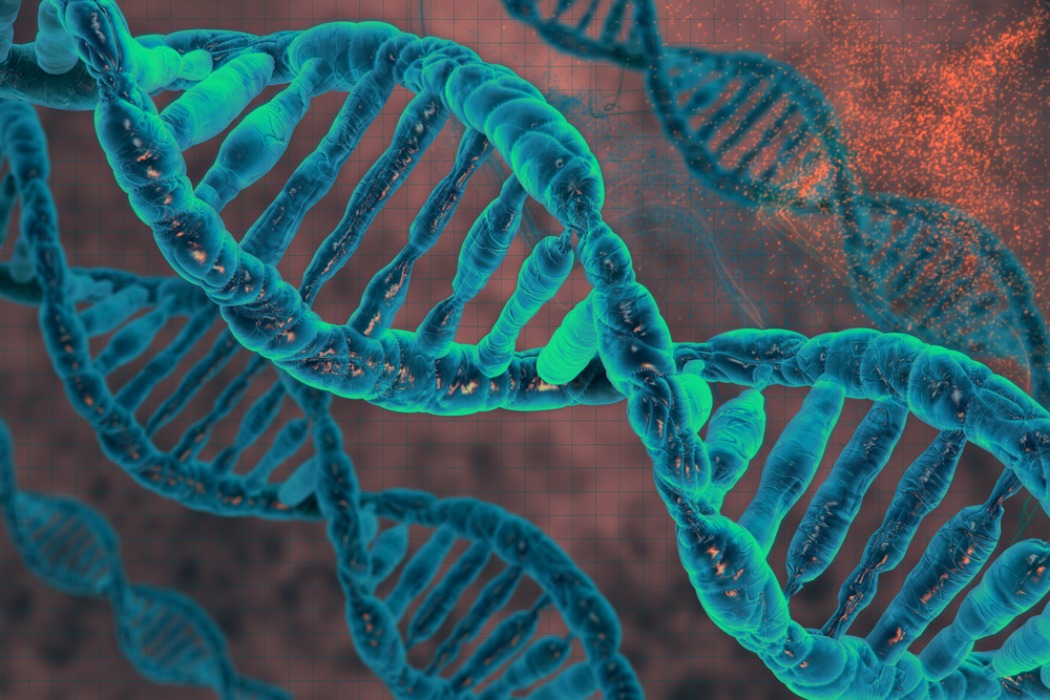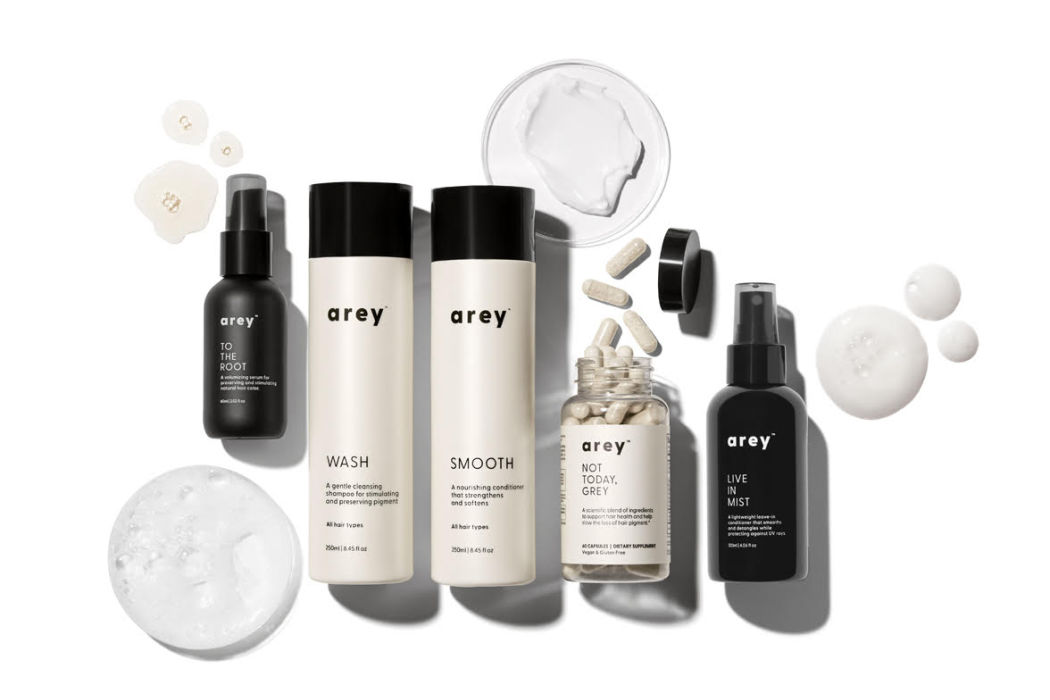We’ve looked at the next generation of sci-fi packaging, and it doesn’t stop there. Fueled by the genomics revolution, it’s now possible to personalize skincare to your specific DNA. A brainchild of acclaimed scientist Christofer Toumazou, this is not the next marketing gimmick; it is the future of skincare.
Before we reveal how to defy your genetic destiny, let’s start with the basics. What is a genome? Think of it as your body’s instruction manual. Almost every single cell contains these instructions – everything needed to build you and repair you. To give you a sense of how quickly this science has evolved, it cost almost $3 billion and took 13 years to read the first human genome. Today a whole genome sequence costs around $1,000 and can be done in a day!
So what does this mean for skin care? It starts with a simple cheek swab that provides the DNA data for your genetic blueprint. This blueprint is the key to identifying your skin’s inherit strengths and weaknesses across several factors such as inflammation, collagen formation, glycation protection, antioxidant protection and sun protection. Each is given a high, medium or low risk status. Using this data as a guide, you can then create a customized skin care program that targets exactly what your skin needs now and will need in the future. Just imagine never again pondering what skin cream to buy or spending money on products that don’t deliver – science has taken out the guesswork!
But the question remains, will my skin really look better? According to science, it will, especially if you have a deficit (for example in collagen production or antioxidant protection) that can be addressed with the right combination of skincare actives. Of course if you are lucky enough to be blessed with phenomenal skin genes, this type of information might not be as game changing. But for the rest of us, it provides exactly the type of roadmap we need to achieve optimal skin health.
But there’s another part to the aging equation. New evidence in the study of epigenetics shows how the lifestyle choices we make can either speed up or slow down the aging process. Environmental factors like sun exposure, smoking, diet and stress have the power to actually turn on or turn off specific genes related to aging. By now it’s common knowledge that too much sun can result in irregular melanin production (dark spots) and premature collagen and elastin breakdown, but do most of us really believe that what we eat can cause us to age faster (or slower)? As we discussed in our nutraceuticals piece here, the concept of beauty from the inside out has been slow to catch fire in the U.S., but considering the new science that supports the link, those attitudes may quickly begin to shift.
Ready to learn more? Here are two brands at the forefront of the next generation of skin health:
GENEU –Developed over the last ten years with Imperial College London and pioneered by Christofer Toumazou, GENEU focuses on the two main genetic markers that cause skin to wrinkle, sag and discolor over time: our internal antioxidant protection and collagen breakdown levels. The test measures how high or low both are, enabling you to counteract your deficiencies with the perfect mix of anti-aging ingredients. The GENEU DNA test plus a two week supply of your personalized anti-aging serum costs £600. Products start at £300 for a 4 week supply.
SkinDNA™ – SkinDNA International is an Australian pharmaco genomics company dedicated to the research and development of new therapies for skin improvement tailored to an individual’s genetic structures. Pioneered by founder Stefan Mazy, the SkinDNA™ Genetic Test examines 16 genetic markers (SNPs) in 5 categories. The test is available under several brands across Asia, UK, USA, Brazil and Australia and is distributed in over 15 countries. Pricing is from $299.
As the cost comes down and the specificity of the subscribed skincare continues to improve, it’s easy to imagine a day where customized skincare is norm, not the exception. The whole concept taps into our desire for products that are custom fit – who wouldn’t opt for a personalized formula over a one-size-fits all, especially if the price is right? Now that I know it’s possible to gain more specific knowledge about what my skin needs to optimally function, my curiosity has taken over and I can’t resist giving this DNA test a try! As someone devoted to researching skin and skincare, how can I pass up knowing if the supplements I’m taking and the skincare I’m buying is indeed the best combination for my skin?
The science of genomics is ridiculously fascinating, not just because of its potential to revolutionize the beauty industry, but for how it could lead to breakthroughs in personalized medicine as well. We can’t wait to see what’s next!
-CM




